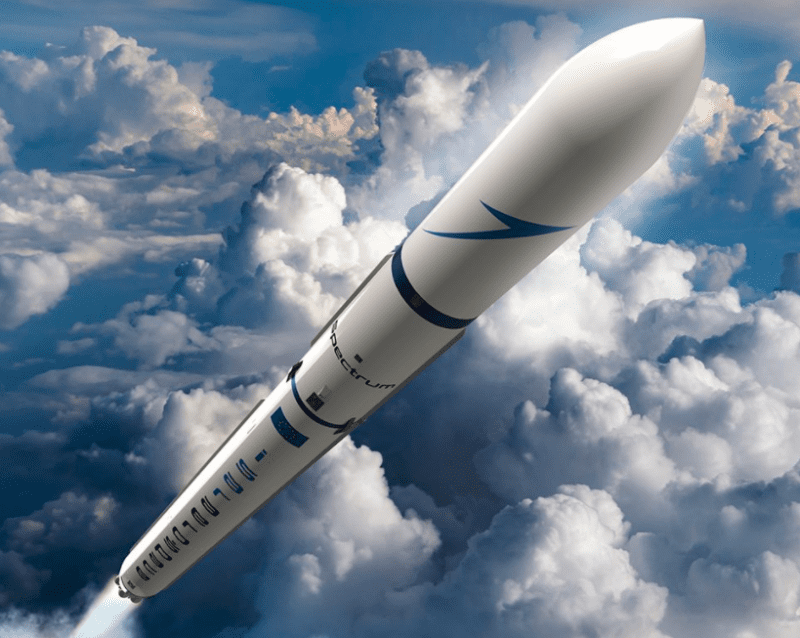Latest News

A rendering of the Isar Aerospace Spectrum launch vehicle. Photo: Isar Aerospace
The German Space Agency at DLR and Isar Aerospace selected seven payloads from five institutions in Germany, Norway, and Slovenia to ride on the late 2022 maiden flight of Isar’s Spectrum rocket.
The selected payloads were from: Germany’s DLR Responsive Space Competence Center; The Technical University and Institute of Aerospace Engineering in Berlin; The Center for Telematics in Würzburg, Germany; The Norwegian University of Science and Technology in Trondheim; and Slovenia’s Institute of Electronics and Telecommunications at the University of Maribor. The seven small satellite payloads from these organizations will be used to demonstrate various technologies in space, such as communication or weather data measurement.
The selections were made public on Monday. This was the next step in the DLR/European Space Agency (ESA)-managed “microlauncher competition” program that Isar won in April of this year. This program helped establish a public-private partnership between Isar Aerospace and the German Space Agency.
Isar Aerospace is one of Europe’s newer privately-owned launch services to establish a presence in the small and medium satellite operator market. The microlauncher competition gave Isar access to 11 million euros ($12.4 million) in financing for its first two flights from the German government under the ESA C-STS program. ESA created C-STS to help new companies transport institutional payloads into orbit.
“We are pleased to announce the selection of payloads for the first flight of Spectrum and thank the German Space Agency at DLR and the institutions for their trust,” Isar Aerospace CEO Daniel Metzler said in the December 13 announcement. “It is great to be part of this pioneering program and we are looking forward to further shaping the cooperation between the public and private sector in European spaceflight. This collaboration will further contribute to the development of research and technology in space and will help growing the overall private space ecosystem in Europe.”
Get the latest Via Satellite news!
Subscribe Now